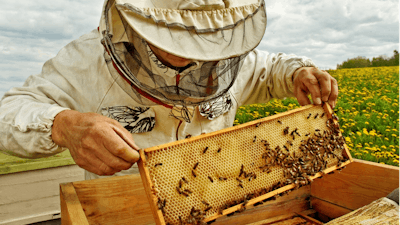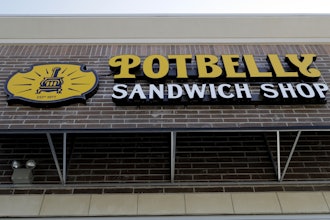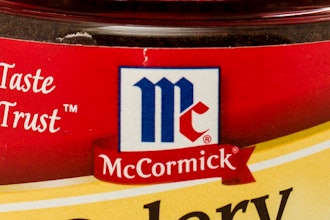
KADOKA, SD — After a U.S. Department of Labor Wage and Hour Division (WHD) investigation, Strehlow Bees Inc. has paid $404,827 in back wages to 36 employees — from the United States, South Africa and Nicaragua – for violating multiple conditions of the H-2A visa program for temporary agricultural workers. The Kadoka, South Dakota, company has also paid $61,940 in civil money penalties, assessed by the Department.

“Agricultural employers that bring in temporary guest workers on H-2A visas are responsible for abiding by the terms of the visa program including paying required wages, maintaining accurate payroll records and providing safe, certified housing,” said Wage and Hour District Director Charles Frasier in Denver, Colorado. “The U.S. Department of Labor will continue to safeguard American jobs, level the playing field for law-abiding employers and ensure that workers are paid the wages that they legally earned. Employers and farm labor contractors are encouraged to contact us to better understand their responsibilities so that they can avoid violations like those found in this case.”
WHD also found Strehlow failed to state actual job terms and conditions on its visa applications and to identify itself as having multiple worksites. In addition, the agency found the employer failed to advertise to recruit U.S. workers in the 2019 certification year for a worksite in California before applying for guest workers. Strehlow also did not keep accurate and adequate records of workers’ hours, rate of pay and earnings; and failed to provide pay stubs to any of its workers detailing their rates of pay, hours and deductions made.
Strehlow also violated the housing requirements for temporary workers by failing to obtain preoccupancy inspections from state workforce agencies for housing sites in Kadoka, South Dakota and Groveton, Texas.






















